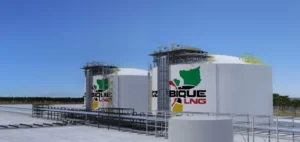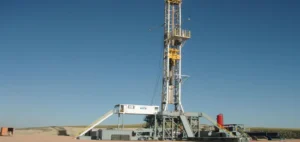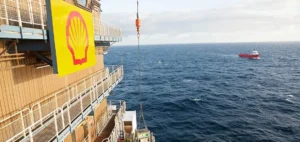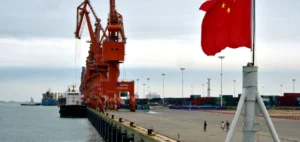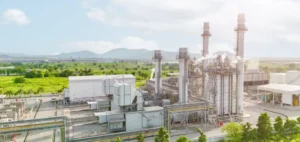EU member states have agreed, after a month of tough negotiations, to a temporary mechanism to cap wholesale gas prices, a deal that unlocks other emergency measures to make joint gas purchases and boost renewable energy.
This measure, adopted by the European Energy Ministers, aims to block transactions on the wholesale markets above a certain threshold, and thus prevent any price surge that would be passed on to businesses and consumers.
The objective is not to structurally reduce prices but “rather to work like the airbag of a car, to protect us in case of an accident”, of exceptional price surge, insisted the Belgian minister Tinne Van der Straeten.
Subject to strict conditions, the scheme, which will come into force on 15 February for one year, is “realistic and effective”, said Czech Minister Jozef Sikela, whose country holds the rotating EU presidency.
180/megawatt-hour for three consecutive days on the Dutch electronic platform TTF, the “gas exchange” whose prices are used as a reference for most wholesale transactions in Europe.
Another condition for activation is that the price must be at least 35 euros higher than the international price of liquefied natural gas (LNG).
Not a miracle solution
Once the mechanism is activated, the TTF operator (the Dutch GTS) will have to block transactions above a certain threshold for one-month, three-month and one-year futures contracts.
They will no longer be able to trade above a “dynamic ceiling”, corresponding to the international reference price of LNG (calculated on a basket of prices) plus 35 euros.
This variable cap is intended to prevent gas suppliers from abandoning Europe in favor of Asian customers paying more attractive prices.
In addition to the FTT, the mechanism should be imposed after March on operators of other European trading platforms, but not on OTC transactions (outside regulated markets).
The cap, set by default for 20 days, will be automatically deactivated as soon as the monthly TTF contract price falls below 180 euros, or if the EU declares a state of emergency for EU supplies. And the entire mechanism may be suspended in case of “risks to gas supply, financial stability or intra-EU gas flows”.
The agreement “provides safeguards to preserve our security of gas supply and financial stability,” explained the French Minister of Energy Transition Agnès Pannier-Runacher.
In particular, Paris was alarmed to see margin calls, the amounts that buyers must block to guarantee their transactions, rise, at the risk of running out of liquidity.
“Given the safeguards, it is difficult to say what the real impact will be. It is not a miracle solution: Europeans should focus on reducing their demand and renewables,” observed Simone Tagliapietra, an expert at the Bruegel Institute.
The monthly TTF contract was trading around 110 euros/MWh on Monday, after briefly soaring to around 300 euros in August.
Norway, a major supplier to the EU, recalled “the importance of choosing market-friendly measures”.
Against the backdrop of the collapse of European purchases of Russian gas, Moscow has condemned an “unacceptable” decision.
Group purchases
The Commission had initially proposed to cap certain gas contracts when they exceeded 275 euros/MWh for two consecutive weeks – factors that never came together, even during the surge last August.
Several countries (Spain, Poland, Greece, Italy, etc.) have called for the conditions for activation to be relaxed. On the contrary, other states (Germany, the Netherlands…) were reluctant to intervene and demanded drastic “safeguards” to avoid threatening supplies.
Berlin, which was reluctant for a long time, finally approved the compromise: “We have enough instruments to use this mechanism in an intelligent and targeted way,” said German Minister Robert Habeck.
The agreement reached allows the ratification of two other emergency texts, already approved by the States but whose formal adoption remained suspended on a decision on the gas price cap.
The first provides for grouped gas purchases, in which consortia of companies can voluntarily participate in order to obtain better prices together, as well as a solidarity mechanism that automatically ensures the energy supply of countries threatened by shortages.
The second one simplifies for one year the procedures of authorizations of installation for renewable energies (in particular solar and heat pumps).
A structural reform of the European electricity market, aimed at decoupling it from gas prices, will also be proposed by the Commission in early 2023.
















